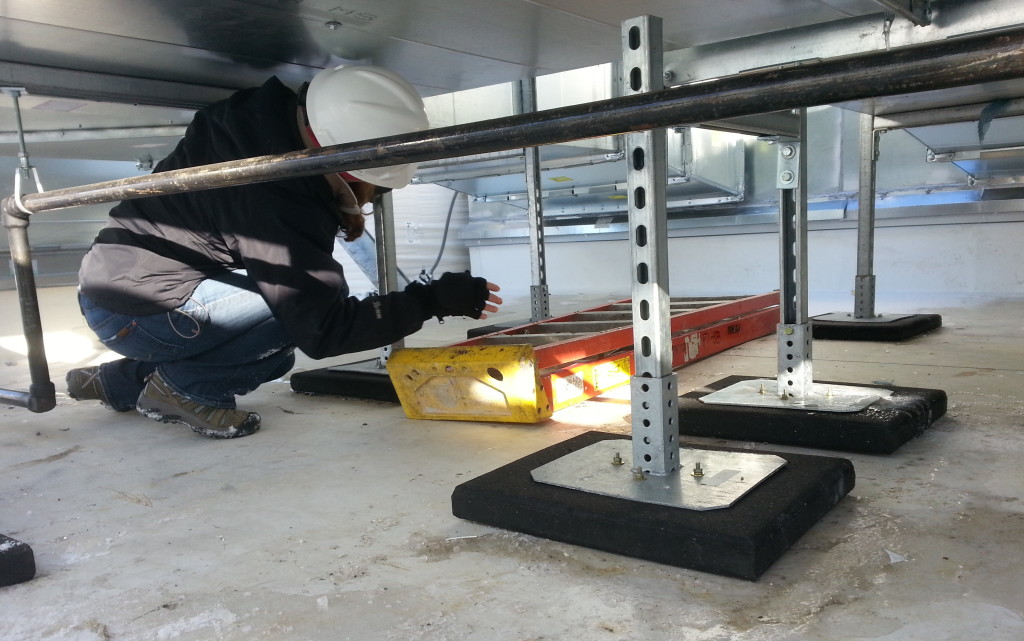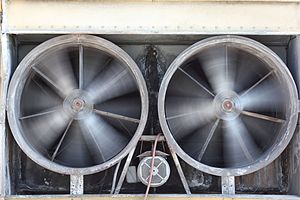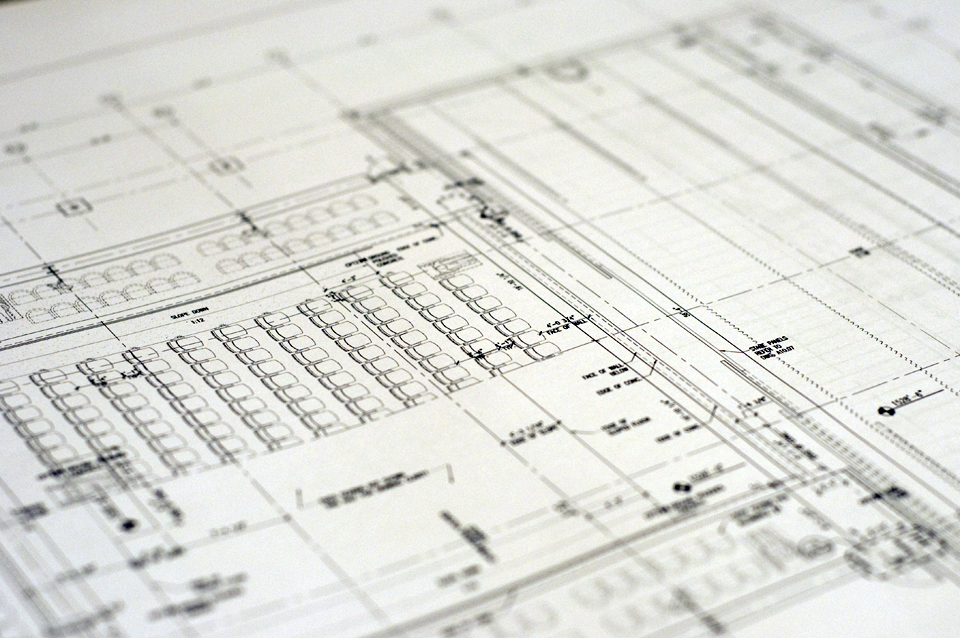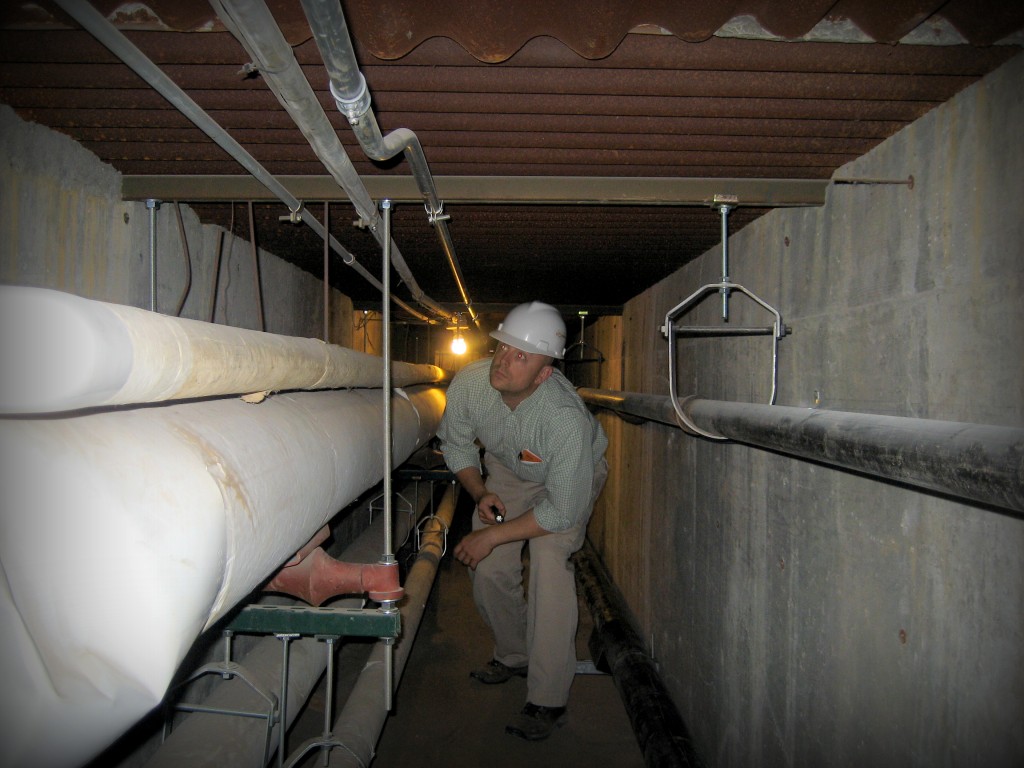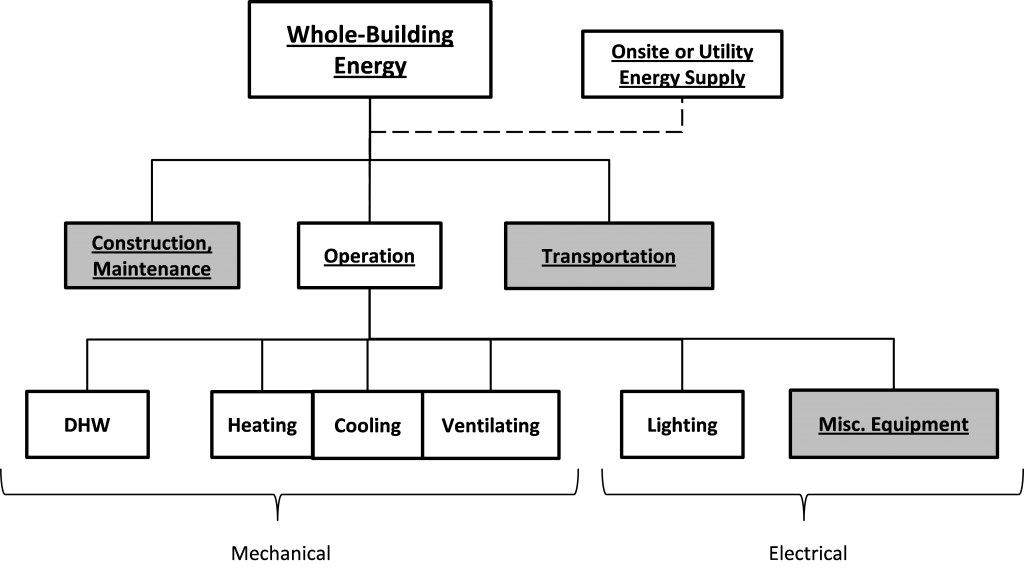Most people familiar with commissioning recognize the quality assurance benefits of the commissioning process. Building design and construction projects are inherently complex and there are numerous opportunities for errors and omissions. Commissioning brings the benefit of an expert review to the design documents and installed systems. By identifying design and construction issues for the owner and project team, a commissioning agent helps to improve the overall quality of a building project.
Brent Weigel
Recent posts by Brent Weigel
2 min read
Building Commissioning as a Tool for Risk Management
By Brent Weigel on Jul 31, 2013 6:00:00 AM
Topics: Building Cx & Design Review
3 min read
The Evolving Building Commissioning Industry - a Report from NCBC 2013
By Brent Weigel on Jun 19, 2013 6:00:00 AM
At the National Conference on Building Commissioning (NCBC), it was very much apparent that the building commissioning industry is growing and evolving. Demand for commissioning is increasing among building owners and developers, new software tools and mobile apps are being developed to support cloud-based commissioning process management, and municipalities are adopting new commissioning requirements into their building codes, not only for building projects, but also for commissioning providers.
Topics: Green Building Public Policy
3 min read
Three Commissioning Essentials for Energy Savings
By Brent Weigel on May 8, 2013 6:00:00 AM
Which energy systems should be included in a building commissioning process if you cannot do them all? Commissioning a building includes a lot of details, and often a lot of equipment. The overall process is generally standardized (see ASHRAE Guideline 0), but the scope of building commissioning can vary a great deal from project to project. LEED certified buildings require commissioning for all energy-related systems associated with HVAC, domestic hot water (DHW), lighting, and renewable energy. Non-LEED building projects may require only HVAC, or may include additional building systems such as the building envelope. But what energy systems can potentially benefit most from a building commissioning process? The precise answer to this question will depend upon the type and quantity of energy systems in a given building project; nevertheless, a reasonable answer to this question may be found in the 2011 Vermont Commercial Building Energy Standard (VCBES).
Topics: Building Cx & Design Review Building Performance & Technology
2 min read
Takeaways from the Northeast Chapter BCA Commissioning Summit
By Brent Weigel on Mar 27, 2013 6:00:00 AM
I recently had the pleasure of attending the 7th Annual Commissioning Summit for the Northeast Chapter of the Building Commissioning Association (BCA). The BCA Summit provided a great opportunity to discuss important topics of building performance with Northeast commissioning agents and building owners.
Topics: Building Cx & Design Review
3 min read
What is the Cost of a Damper Actuator Installed Backwards?
By Brent Weigel on Feb 20, 2013 5:00:00 AM
While performing a recent functional performance test for a school HVAC system, I discovered something that had gone unnoticed by the contractors and building owner: a motorized damper actuator installed backwards. This damper, one of more than a dozen installed in the building, controls the outdoor air intake for one of the ventilation air handlers. When a discovery like this occurs (and discoveries like this are common in building commissioning), it begs the question: what would the cost impact be if the condition went unnoticed?
Topics: Building Cx & Design Review Workplace & People
3 min read
Is There Power in Occupant Heat?
By Brent Weigel on Jan 9, 2013 5:00:00 AM
The New York Times recently featured a thought-provoking opinion piece on how human body heat may be used to meet the heating demands of modern buildings and other infrastructure. “The Power of a Hot Body” introduces the concept of building occupant body heat as a “green” design strategy that is both novel and low-tech. The blog showcases opportunities for capturing occupant heat from different types of urban buildings and facilities, such as subway stations, train stations, and malls.
Topics: Green Building Building Performance & Technology
3 min read
Take Control of Your Building with Owner’s Project Requirements
By Brent Weigel on Nov 21, 2012 5:00:00 AM
I recently visited the construction site for a high performance building project that is pursuing LEED platinum through design-build. The design-build project has all of the bells and whistles that you would expect for LEED platinum: CFL and LED light fixtures with daylighting, energy recovery for ventilation air, and high efficiency heat pumps for heating. Given such a fine collection of green building hardware, I was surprised to find that the high efficiency heat pump heating systems did not meet the state energy code! The particular problem is that the heat pump thermostats do not support temperature setback schedule controls (i.e., scheduled reduction in heating temperature setpoints when the building is unoccupied). A high performance building that does not meet code – how can this happen?!
Topics: Energy Efficiency Building Performance & Technology
3 min read
Building Performance Problem Solving
By Brent Weigel on Oct 17, 2012 6:00:00 AM
There are a lot of forces working against achieving the desired performance for new and existing buildings. Complex designs for building system interactions, a lack of equipment maintenance and calibration, turnover of facility personnel, and changes in building utilization can adversely affect building performance. Typical building performance problems include a wide range of significant issues, from chiller evaporator coil freezing to space humidity problems to unrealized equipment efficiency. In an ideal world of building design, construction, operation and maintenance, each new and renovated building would be commissioned, maintained in accordance with the commissioning systems manual, operated per the design intent, re-commissioned to ensure or restore design parameters, and retro-commissioned if the utilization of the building systems change significantly. Unfortunately, the real world and ideal world are two very different places. Most existing buildings have never been commissioned, which creates an enormous opportunity for building performance problems to arise and persist. It is not surprising that we are often called in for “problem solving.”
Topics: Building Cx & Design Review Building Performance & Technology
3 min read
The Transportation Energy Efficiency of Buildings
By Brent Weigel on Aug 29, 2012 8:00:00 AM
You are probably aware of the substantial energy a commercial office building requires for comfort heating and cooling, ventilation, water heating, lighting, miscellaneous equipment, and elevators. These energy systems are visible because they are metered by utilities and paid for by building owners and tenants. But utility-metered energy consumption is typically a fraction of the total building energy impact. Transportation activity is a major component of what I and others refer to as “whole-building” energy consumption.
Topics: Green Building Energy Efficiency
4 min read
Is “Whole Building” Energy Consumption Whole?
By Brent Weigel on Aug 1, 2012 6:00:00 AM
It is common knowledge in the architecture/engineering (A/E) professions that buildings consume a large portion of the total energy consumed in the United States (approximately 40 percent)[1]. This awareness serves as an essential motivator for the green building movement and the associated energy efficiency agenda in the A/E industry. As a growing number of building professionals work to improve the efficiency and sustainability of the built environment, it is worth considering how progress toward a more efficient and sustainable built environment may be constrained by industry conventions, standards, and disciplinary boundaries. You can view the industry’s concept of “whole building” energy consumption as one such constraint.


